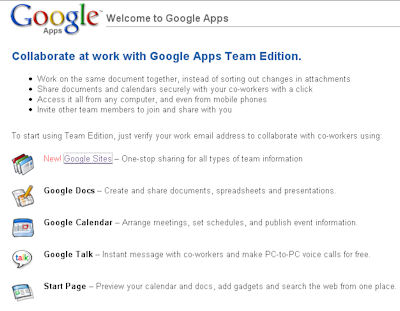The key to cloud computing
But is this really the key to cloud computing? For all its promise, is the potential phenomenon really limited to integrated applications and online storage? At the time of writing no one seems to be offering anything more, so maybe the cloud will spread and grow as soon as a service can establish itself as the dominant force and, perhaps more importantly, when someone works out a means of turning its massive potential into a credible business model.
And this is the crux of the situation, the sticking point that has kept grid computing from truly taking to the clouds. Whatever its potential on paper, how do you make money from it? After all, a bundle must be impressive to attract subscription revenue, especially with individual services such as file hosting, web-based email, picture-sharing and webspace available elsewhere for free. The history of dot-com commerce is littered with failed start-ups who thought advertising was a resource that could be turned on like a tap.
Who will win?
So who will emerge the victor? Google, with its solid-but-idiosyncratic Google Apps, the marketing might of Microsoft and its Live Mesh service or Amazon’s S3 (Simple Storage Service), a radical departure for the online shopping site? Or will MobileMe overtake them all and see Apple do for cloud computing what it did for digital media players and the GUI?

For starters, I think we can discount Amazon as a leading light in this brave new world. I’m sure its cloud services will find a niche as a means of storing your digital library should ebooks ever take off to any degree, but the company hasn’t got what it takes to expand into the world of integrated computing, and nor is it likely to try.
Only a fool would discount Microsoft as a contender, but being so huge and well established also means it’s very entrenched in the old buy-the-software revenue model, which may change dramatically should cloud-based services catch on. The old warhorse has a large turning circle. Can it reinvent itself in time to stay ahead of the pack?
Then there’s Google, the relative newcomer that’s grown massively with a business model based on internet services. The company’s growing fast and in a great many directions; perhaps too fast and too broadly to concentrate enough resources on one particular area. Its lead in infrastructure certainly makes it Google’s game to lose, though. With the company already geared up for providing online services, taking on board a cloud computing model is less of a radical departure than for its competitors.










